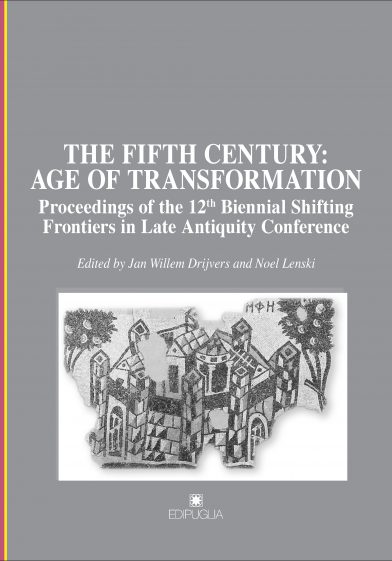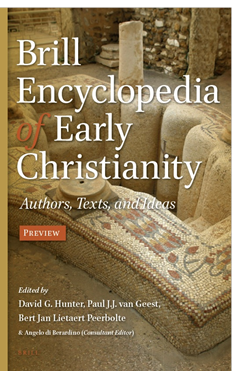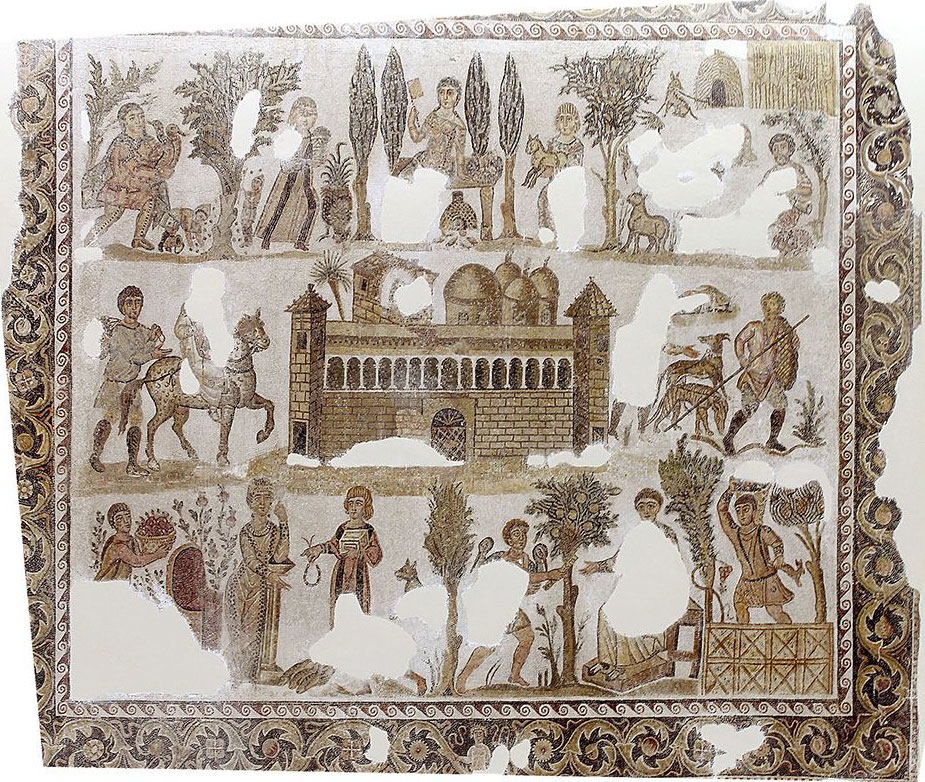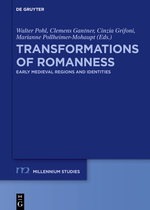Edited by Jan Willem Drijvers and Noel Lenski, The Fifth Century: Age of Transformation. Proceedings of the 12th Biennial Shifting Frontiers in Late Antiquity Conference, has come out (catalogue Bari: Edipuglia).
The fifth century CE represents a turning point in ancient history. Before 400 the Roman Empire stood largely intact and coherent, a massive and powerful testament to traditions of state power stretching back for the previous 600 years. By 500 the empire had fragmented as state power retreated rapidly and the political and social forces that would usher in the Middle Ages be-came cemented into place. This volume explores this crucial period in the six broad areas of natural science, archaeology and material culture, barbarian and Roman relations, law and power, religious authority, and literary constructions. Assembling the papers of the twelfth biennial Shifting Frontiers in Late Antiquity Conference, The Fifth Century: Age of Transformation offers a comprehensive overview of recent research on this pivotal century in all of its ramifications.
Featuring, among other pieces: Veronika Egetenmeyer, ‘”Barbarians” Transformed: The Construction of Identity in the Epistles of Sidonius Apollinaris’ (mentioned on Academia), and Ralph Mathisen, ‘The End of the Western Roman Empire in the Fifth Century CE: Barbarian Auxiliaries, Independent Military Contractors, and Civil Wars’ (download from Academia).




